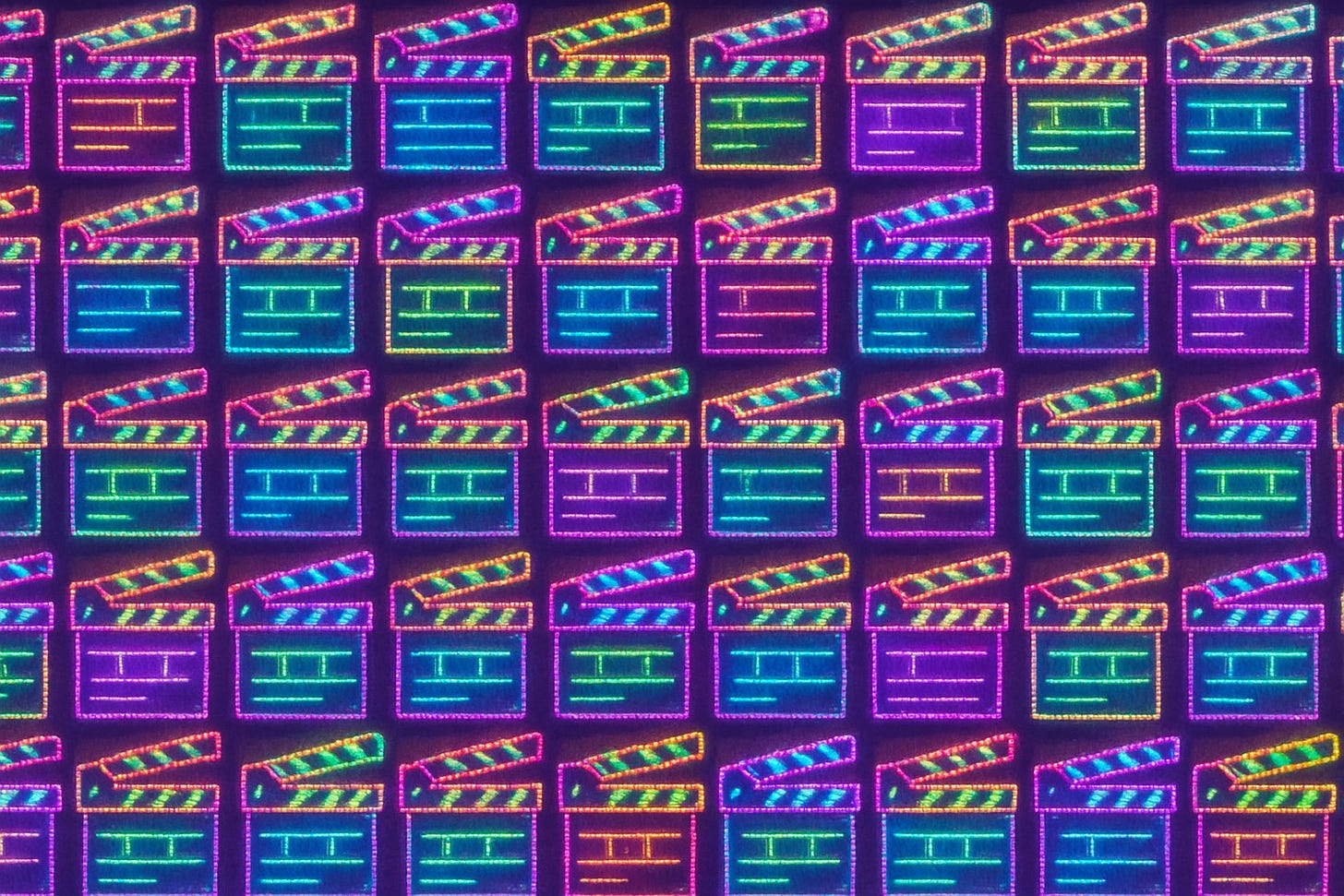🎬 AI Films Can Win Oscars & The End of Art as We Know It
AI's Legal and Ethical Challenges | Edition #198
👋 Hi, Luiza Jarovsky here. Welcome to the 198th edition of my newsletter, empowering a 59,200+ strong AI governance community.
I write about AI's legal and ethical challenges and help you understand what's happening in AI beyond the hype, before everyone else.
For more: 4-Week Training | Learning Center | Forum | Job Board
👉 A special thanks to Didomi, this edition's sponsor. Check them out:
Didomi has acquired Addingwell, a leading European server-side tagging platform trusted by 1,000+ clients. With the end of third-party cookies approaching and a growing regulatory environment, server-side architecture offers a sustainable, privacy-first foundation that marketing, legal, and data teams can trust. Explore server-side with Didomi.
*Promote your brand to 59,200+ readers: Sponsor us (Next spot: July 10)
🎬 AI Films Can Win Oscars And The End of Art As We Know It
On Monday, the Academy approved new rules for the 98th edition of the Oscars, which will take place in March 2026.
One of the main new rules introduced involves AI. Here's what it says:
“With regard to Generative Artificial Intelligence and other digital tools used in the making of the film, the tools neither help nor harm the chances of achieving a nomination. The Academy and each branch will judge the achievement, taking into account the degree to which a human was at the heart of the creative authorship when choosing which movie to award.”
In short, AI will not affect a film's eligibility. So an AI-generated film can win an Oscar.
In my view, this rule, over time, will likely:
Reduce the quality of works being presented at the Oscars
Diminish the public's interest in the Oscars
Disincentivize high-quality, original, and human-made artistic works
Why?
AI can greatly accelerate the filmmaking process. Every detail, from the characters’ appearance to their voices, the visual and sound effects, and probably almost every aspect of the production, can be AI-optimized.
It will become easier, faster, and more “synthetic” to produce films. A director may no longer need actors, voice actors, and a good part of the traditional production crew.
Perhaps not even a director will be needed. With AI, anyone could create a film eligible to compete at the Oscars.
These are not the right incentives for outstanding productions or for excellent professionals to get involved and try to create something unique and mind-blowing.
Instead, these are likely the right incentives for people with little real interest in art or creativity to try to get famous and go viral for being the “first AI-powered version” of existing human-made art.
The result will likely be the Oscars’ degradation or enshittification using the term coined by Cory Doctorow. Unfortunately, others will likely follow the Oscars’ lead, triggering a broader degradation of high-quality art.
To get a glimpse of where AI-generated film might be headed, this week, the third most-watched video on YouTube is AI-generated, already counting 407 million views:
Thanks to AI, it's very easy to copy. There are already hundreds of nearly identical copies uploaded by other YouTube users trying to capture the original's views (and ad revenue).
This is not the future of art we want.
AI can optimize and accelerate any creative or intellectual process. The “lazy way” to produce art or intellectual expression will be the AI-powered one (as we are starting to see on YouTube).
However, there is a unique authenticity, originality, and value in human-made work, one that we should not allow to disappear.
In this context, an essential ethical consideration is that human-made works must be consistently supported and incentivized. Various mechanisms should be used, including legal ones, to ensure that people are incentivized to create original, human-made works.
Among existing mechanisms are:
Keep reading with a 7-day free trial
Subscribe to Luiza's Newsletter to keep reading this post and get 7 days of free access to the full post archives.




